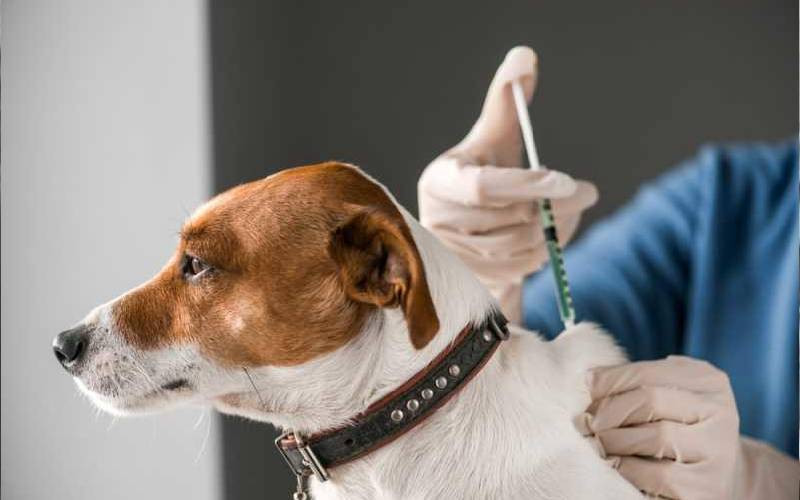×
The Standard e-Paper
Smart Minds Choose Us

Many households in Kenya own dogs, but most people remain unaware of rabies, a disease transmitted by mostly dogs to humans through a bite.
Dr Veronicah Mbaire Chuchu, a veterinarian, explains that rabies is a disease caused by a virus that primarily spreads to humans via saliva through bites or scratches from infected dogs, which multiplies in the brain, leading to disease symptoms.